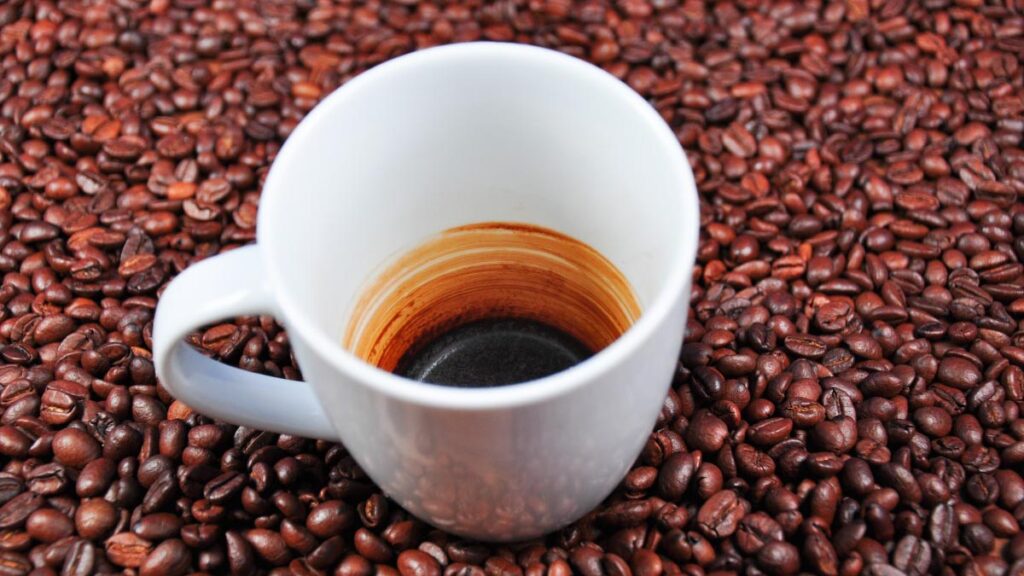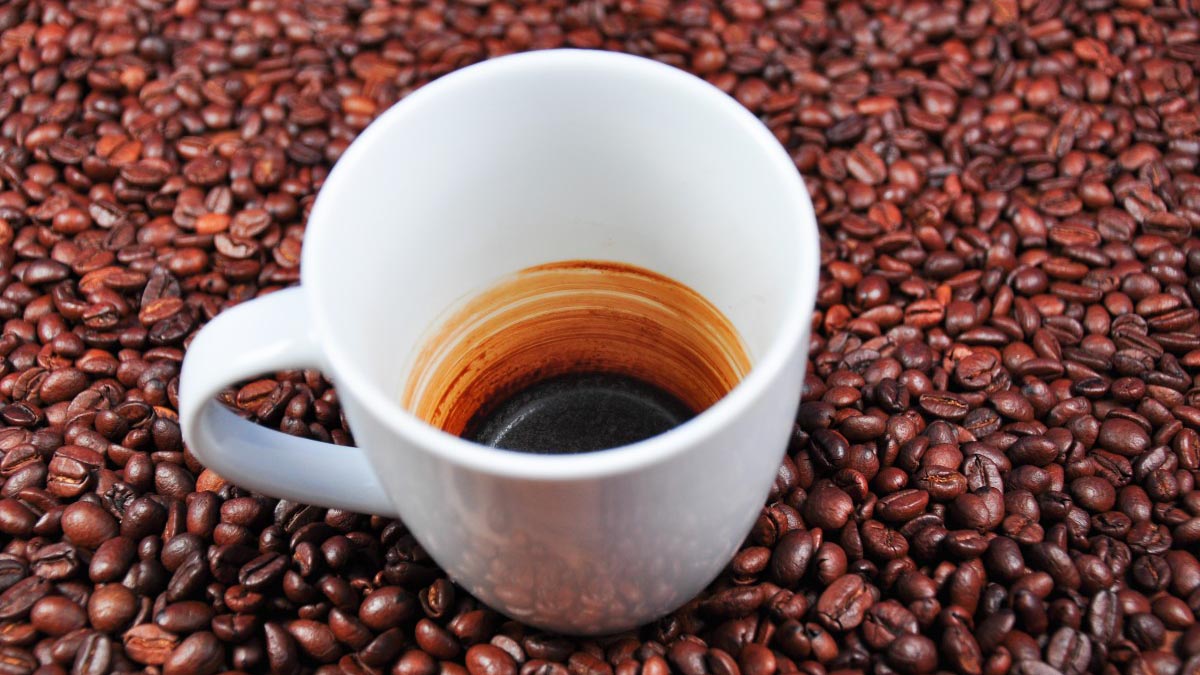Experts in Birmingham say they have found a way to produce high-quality biodiesel from leftover coffee grounds.

Aston University’s Dr Vesna Najdanovic and Dr Jiawei Wang grew microalgae on the matter to then process it into fuel.
Their research found the coffee remnants provided nutrients to feed and grow the organisms.
They say the biodiesel extracted produces minimal emissions and good engine performance.
Dr Najdanovic said: “This is a breakthrough in the microalgal cultivation system.
“Biodiesel from microalgae attached to spent coffee grounds could be an ideal choice for new feedstock commercialisation, avoiding competition with food crops.
“Using this could decrease the cutting down of palm trees to extract oil to produce biofuel. In southeast Asia this has led to continuous deforestation and increased greenhouse gas emissions.”
Until now, algae has been grown on materials such as polyurethane foam and nylon that don’t provide any nutrients. However, the researchers found that microalgal cells can grow on the leftover coffee without needing other external nutrients.
They also found that exposing the algae to light for 20 hours a day, and dark for just four hours days created the best quality biodiesel.
The study, Enhancing growth environment for attached microalgae to populate onto spent coffee grounds in producing biodiesel, appears in the November 2022 issue of Renewable and Sustainable Energy Reviews.
The research was part of a collaboration with experts in Malaysia, Thailand, Egypt, South Africa and India.

